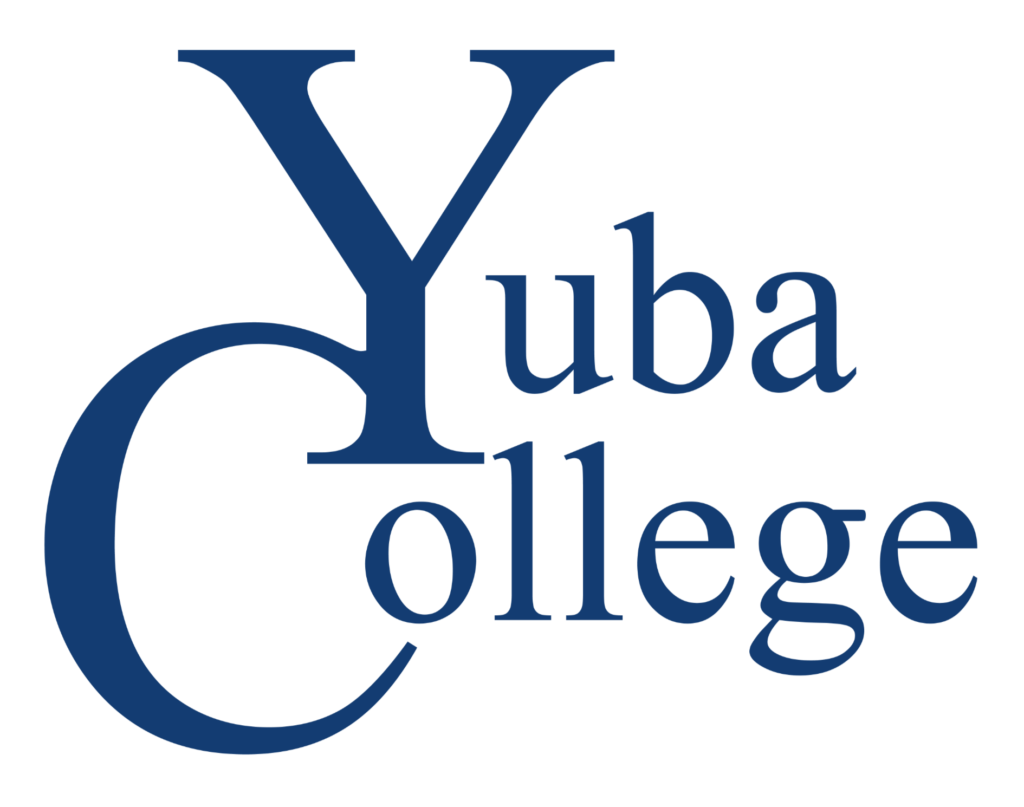Foster and Kinship Care Education
High quality education to prospective and continuing Resource Families
Foster and Kinship Care Education (FKCE) provides classes and workshops for adults interested in providing foster care
for related and unrelated children in out-of-home placement. These classes work to address needed skills areas such as parenting skills, permanency planning, reunification, emancipation and working with the child welfare system. Classes also help to address specialized areas such as trauma-informed care, developmental disabilities, substance abuse and medically fragile children.
Services
Foster Care Education & Support
Pre Approval: a 12 hours introduction for those interested in general information about becoming a foster parent, caring for relatives children or an adoptive parent through the State of California Adoption’s unit.
Specific areas covered:
- An overview of The Child Protection System
- The effects of abuse and neglect on children
- Accessing health services and community resources
- Court system
- Impact of foster and relative parenting
On Going Foster Care Education: Accessing education and health services, adolescent parenting training & Self Esteem enhancement: California State Law requires licensed foster parents to complete 8 hours of annual foster care education. Given that children are coming into the court system with greater histories of abuse and neglect more than ever before, it has become more important than ever to develop excellent parenting skills, knowledge of the court system, and strong on-going support systems.
The Community College FKCE program annually offers classes on a variety of topics, including: Positive parenting/discipline, Accessing education and health services, adolescent parenting training & Self Esteem enhancement.
We invite you to join our Foster Kinship Care Education Classes.
- There are no fees for the classes listed in this calendar, unless otherwise noted or if taking classes for college credit.
- California is supporting your efforts to increase your care- giving skills and knowledge. Classes are held in a variety of locations.
- AB 490, effective January 1, 2004, seeks to ensure that all of California’s foster children (children supervised by either probation or child welfare placed in group homes, licensed foster homes, with relatives or non relative-extended family) have a meaningful opportunity to meet the challenging state pupil academic achievement standards to which all pupils are held. Educators, county placing agencies, care providers, advocates and the juvenile court are expected to work together to ensure that each pupil is placed in the least restrictive educational placement and has access to the academic resources, services, and extra curricular and enrichment activities that are available to all pupils. Accordingly, schools will be required to implement a variety of procedures to ensure effective application of these new laws
- The overarching goal of AB 490 is to improve academic attainment for foster children by promoting school stability and identifying a clear preference for enrollment in regular public schools. The key components of school responsibilities that will ensure implementation of this enactment are summarized below.
- Foster Care Liaison
- Each local education agency must appoint an educational liaison for foster children (both wards and dependents).
- The liaison shall ensure and facilitate proper school placement, enrollment, transfer of credits, records and grades, and checkout from school. EC 48853.5 (b)(1). Transfers must be processed within two business of receiving the request. EC 48853.5(d)(4)(C).

